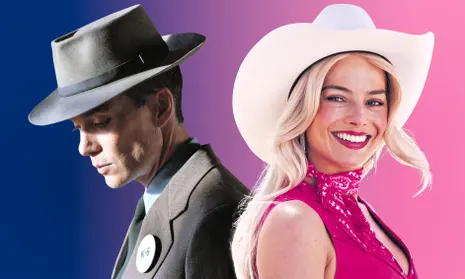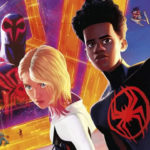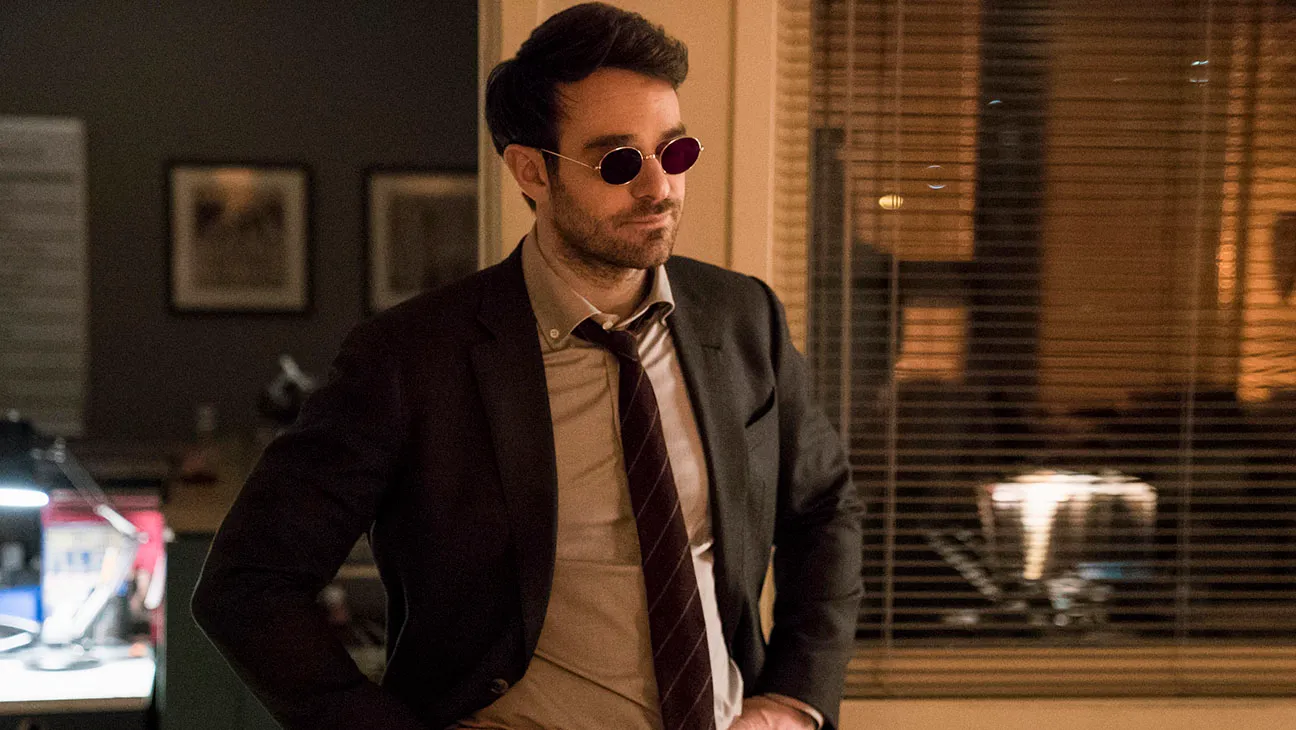Barbenheimer was definitely an experience I was glad to have participated in since both movies were fantastic.
Our group started with Oppenheimer because we figured the subject matter was a lot darker and being based on a true story about the atomic bomb might leave us with a sense of foreboding that Barbie‘s lighthearted content could schmooze over at the end of the day.
The movie was very adult in the way that it wasn’t about giant explosions or fistfights giving all the action; you had to be paying attention to follow what was happening and the broader implications of those happenings. A lot of ground is covered in Oppenheimer’s life between the years that took him to the United States and the aftermath of building the atomic bomb. The three strands of main plot focus around building the site at Los Alamos, building the bomb, and how building the bomb was an unstoppable force that would inevitably lead to the Cold War.

My favorite aspect of the movie was how Nolan expressed the chain reaction as a slow rumbling in the bleachers that eventually erupts into a cacophony and stressed the parallels with that sound byte between how the bomb’s chain reaction worked and the escalation occurring after the test that lead to building even bigger and more catastrophic bombs. Oppenheimer and other scientists would ultimately try to lobby for diplomacy and regulations to keep nuclear arms in check, but in the end that genie would never fully be put back into the bottle. Even as we move to disarm our nuclear weapons and cease making new ones today, there is still a surplus there that can be used and regulations and tariffs haven’t stopped other world powers from trying to harness the same powers.

After dinner, my group went back for the Barbie movie, which had an entirely different experience and tone in comparison.
Initially I was going to start my Barbie review stating that I have absolutely no experience with the character or any of her iterations, but I also feel like this is a good point to divulge my only two core memories involving Barbie from my childhood. The first was probably innocent enough in that I had cousins in North Carolina who are both girls that my brothers and I visited when we all were kids. I remember as part of our vacation the one year ending up at their house and probably for the first time seeing the blue aisle/pink aisle contrast at its strongest.
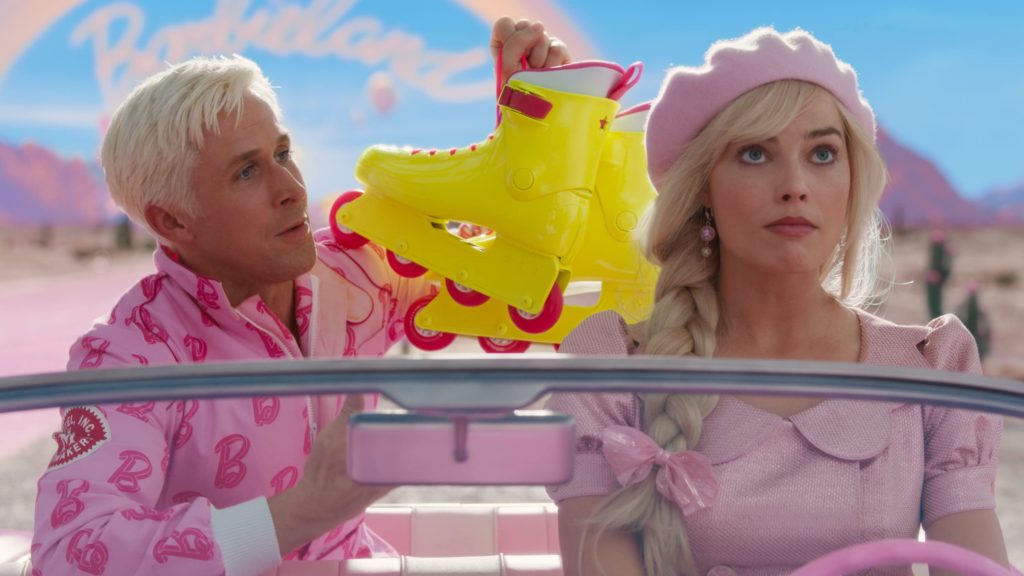
While our toys were more Star Wars figures and Transformers using imagination as the backdrop of our stories, their room contained more set pieces for playing out scenes such as cooking dinner and playing house. The only thing briefly here that I recall is they had Barbie dolls and in spite of their toys being different from our toys we still managed to play together and had a good time (although most of the role playing was Beauty and the Beast in those days, Barbie did have a cameo with other dolls and I knew she was a thing that existed).
My second experience was when my other cousin got the talking Barbie as a birthday gift one year, because I remember my uncle or her brother bringing it into the basement and figuring out how to program it because it could address you by your name when it talked to you but when it got off the dock the only thing that Barbie wanted to do was talk about her older brother.
“Ron, let’s go shopping!” is a phrase that has been ingrained into my soul and to this day that moment in my personal history still elicits a laugh whenever I think about it. In the grand scheme of things neither of those things is a lot to go off of before seeing this movie, but I still love the anecdotes.
As a guy seeing this movie, I understand that there’s also probably a lot that I will probably never be able to fully understand on my own about the depth of what this Barbie movie means to women who grew up playing with Barbies when they were younger and the many levels of inside jokes that were hidden in the film (Alan? Skipper? Weird Barbie?).
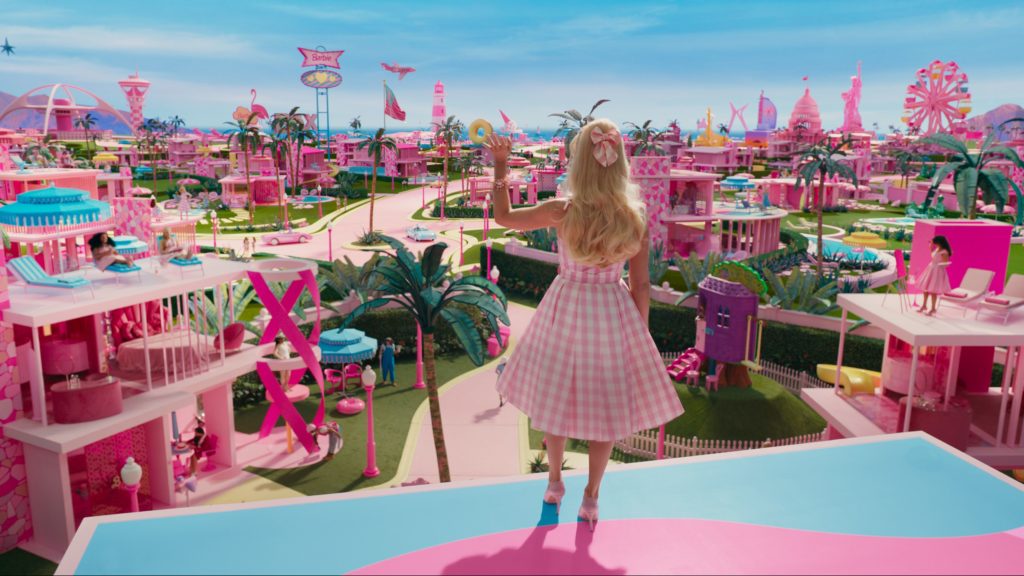
The closest that I could possibly get to this feeling is thinking it must be similar to how I felt about the Lego Movie, but the style of play between these types of toys is different. When seeing the Lego Movie, though, I really felt like the essence of that play was captured in the film and I would be curious to know how you felt about this film in that same context if you are someone who had Barbies growing up. Long disclaimers aside, let me mansplain the Barbie movie to you (but feel free to correct me if I’m wrong about anything or clarify things from your perspective).
The movie was very pink and pretty and feminist. Maybe you haven’t heard, but I did read articles leading up to the release about there actually being a pink shortage because of how much of it was used to paint the Malibu Beach Houses on set (I’m secretly hoping this movie is the catalyst to get us out of today’s grey housing market, but colors like this would probably end up being too much antithesis to the Oppenheimer colors we’re seeing now).
Much like several female viewers in the audience, the doll cast was similarly dressed in hot pink and neon blue colors that you don’t typically see these days. The color statements help the dolls to stand out when they enter the real world in search of the girl there that happens to be playing with the Stereotypical Barbie Doll (there’s some sort of trinity here between daughter, doll, and Ruth Handler that is never fully explained, but it’s not something that should be over-analyzed).

Without giving away too many details, I felt like this story followed 3 storylines kind of like Oppenheimer did, but Oppenheimer did a better job of tying their plot together into one solid strand. Instead of chronological stories, Barbie was focused on the doll (Margot Robbie), the woman playing with the doll (America Ferrera), and the Patriarchy (personified by Will Ferrell and the rest of the all-male bigwigs at Mattel). I fully bought the first 2 parts of the story.
Barbie is an idea that transcends mortality and gives girls a space to envision being anything they could possibly dream of being. Play is an essential part of this connection to the doll in the real world, and being an adult in the hellscape that we’re living in I think I can relate to America Ferrera’s character (Gloria) and her desire to want to connect with a part of you that feels like it’s slipping away (I mean her struggle is more with her daughter growing up than a midlife crisis, but still).

Much like Ken, however, the Patriarchy piece to me felt like a bit of an afterthought or only an accessory, at least with respect to Will Ferrell’s part in the movie (without getting into too much detail, there is a bigger bad than him and a certain Matchbox 20 song that I think were executed perfectly, but taking the businessmen out would have made for a little more of a cohesive story). It’s never really explained why Ferrell and company are aware of Barbie’s entrance into the real world or what exactly they hope to accomplish by chasing after her, but I understand why this arguably trivial piece of things was left in the film. I feel like the script probably had a few revisions where this was much more important to the plot but the exposition here had to be taken out to give more air for the stronger plotlines to get fully developed. The reason to keep these characters stems from a scene where they literally try to put Barbie into a box that I get not wanting to leave out of the film, but I wish they had time to flesh out that side of things better in the movie (perhaps with a scene detailing what happened to Skipper who is only briefly mentioned as a prior doll I was getting the impression had previously entered the real world and was similarly locked away by Mattel).
My favorite scene of the movie was one that I’ve since read was fought for very fiercely by the director and Greta Gerwig actually cited as what she believes to be the essence of her film. When Barbie is in the real world, there is a point where she meets an older woman at a park bench and they just stare at each other for a minute. The brief interaction ends with Barbie telling this older woman that she’s pretty and the older woman just glows from the compliment. When we are kind to one another and lift each other up it makes the world better for everyone, and I feel like maybe there’s a lot deeper meaning of that in a strictly feminine context that I might be missing here (is she seeing herself in Barbie and being empowered by that, or is it just the looking out for each other and finding beauty in everyone that matters?). Either way, I did want to say that I saw it and while I can’t really explain what about it moved me so much I understand why Greta fought so hard to keep that particular scene.
In the end the Barbie movie had its flaws that if you were looking to scrutinize it with a microscope could be found in little plothole blemishes here and there on the surface, but overall I could get past these and enjoy the film for what it is and all the ground that they managed to cover. It wasn’t the worst movie that I saw all year (looking at you, 65 Million), nor was it the best, but Barbie is a beautiful, heartwarming film that I wouldn’t mind seeing again if given the chance.


